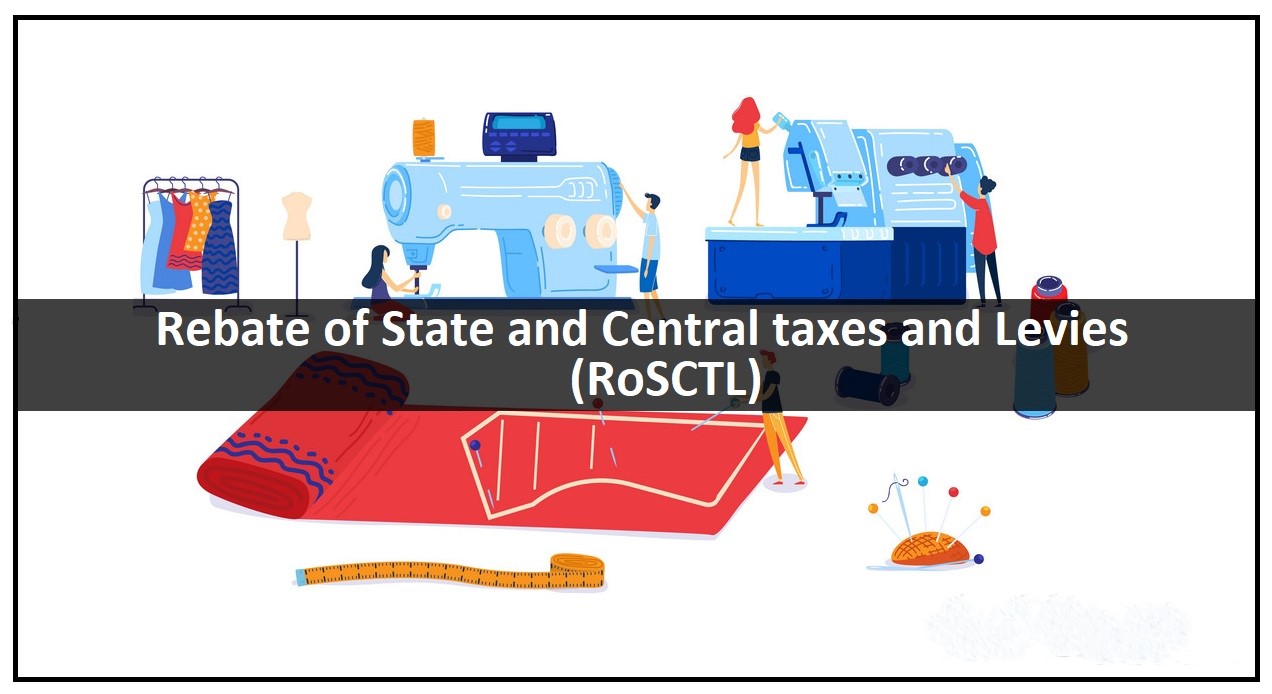BUDGET NATIONAL
NEW DELHI, INDIA
By IFAB MEDIA - NEWS BUREAU - February 1, 2024 | 139 3 minutes read
The Union Cabinet, led by Prime Minister Shri Narendra Modi, has taken a significant step to fortify India's textile exports by extending the Scheme for Rebate of State and Central Taxes and Levies (RoSCTL) for Apparel/Garments and Made-ups until March 31, 2026.
This two-year extension underscores the government's strategic vision, providing a stable policy framework essential for long-term trade planning, particularly in the textile sector, where orders are often placed well in advance for extended delivery periods.
The RoSCTL has proven pivotal in enhancing the competitiveness of Indian exports in apparel and made-ups, critical segments of the textile value chain. By extending the scheme, the government aims to ensure predictability and stability in the policy regime, easing the tax burden and fostering a level playing field. The guiding principle remains clear: "goods are exported, not domestic taxes."
This extension builds upon previous approvals by the Union Cabinet, which initially sanctioned the scheme until March 31, 2020, and subsequently extended it until March 31, 2024. The current extension further strengthens the export competitiveness of garments and made-ups, enhancing their cost-competitiveness globally.
The RoSCTL seeks to offset State and Central Taxes and Levies, alongside the Duty Drawback Scheme, on apparel/garments and made-ups exports through a rebate mechanism. This aligns with the international standard that taxes and duties should not be exported, ensuring fair competition in the global export market.
The scheme encompasses a wide range of taxes and levies, including VAT on transportation fuel, mandi tax, duty on electricity, and embedded SGST on inputs like pesticides and fertilizers. Rebates for Central Taxes and Levies cover excise duty on transportation fuel, embedded CGST on inputs, and Compensation Cess on coal used in electricity production.
Products outside the RoSCTL scope, excluding Chapter 61, 62, and 63, can avail benefits under the Remission of Duties and Taxes on Exported Products (RoDTEP) and other schemes.
The RoSCTL has been instrumental in enhancing competitiveness in labor-intensive segments of the textile value chain. The two-year extension is expected to provide the stability necessary for long-term trade planning in the textile sector.
In essence, the Union Cabinet's approval to continue the RoSCTL scheme underscores the government's dedication to boosting India's textile exports, fostering global competitiveness, and ensuring an enabling environment for sustained sectoral growth.









